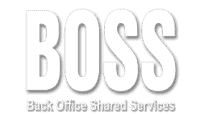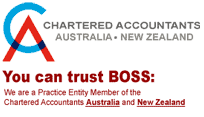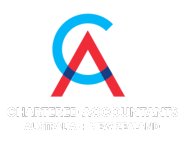We are privileged today to feature a guest post from the esteemed Dale Crosby. With an extensive background in guiding accounting firm leaders towards business development, his wealth of knowledge largely benefits our discourse.
Why is it so difficult to turn capacity into advice?
The recent 2017/18 Bstar Accountants Research Report once again highlighted the need for accountants to ‘get away from low profit compliance clients,’ pointing out that ‘it’s easy to be busy, it’s not easy to make money.’ The push towards lowering the cost and increasing the efficiency of compliance through outsourcing and technology is not slowing. Firms that fail to lower their internal costs will see their profit continuing to decline as compliance services become more commoditised and fee sensitive.
The strategic response to this industry change is to continue to provide compliance services as efficiently as possible and to make use of increased capacity to provide more value added advisory services. In theory, this makes sense, in practice accounting firms are really struggling to convert capacity into advice. Principals, partners and managers – the people at the coal face of client relationships – still seem to be struggling to engage better with their clients. They’re unable to find the time, they’re not sure what to say and they don’t always understand how to convert the advice they give their clients into fees.
So, how can the leaders and managers of accounting firms actually achieve the changes they’re looking for in the way they engage with clients?
1. Simply make more time to meet with clients out of the office
In any professional services firm, there will always be reasons to sit at the desk, answer phone calls, respond to emails, address staffing needs and deal with other operational issues. Unless you make time to communicate consistently with clients, nothing will change. Commit at the beginning to 1 day per week out of the office, seeing clients and talking about their general financial goals and needs. Do the same with your professional partners. And stick to this commitment.
2. Ensure that additional capacity is not taken up with more compliance work
Of course, it’s easy to continue doing what we’ve always done. It requires real effort to take time out to think and plan. And this applies to all of our staff. Behavioural change starts with clear direction from leaders, with KPIs aligned to the firm’s core purpose and values. Set specific targets for advisory work, decide how this work will be implemented in the firm and provide coaching and training to your team. Of course, there will be an initial cost, but you simply have no choice if you want to develop a stronger advisory focus.
3. Develop core advisory services that can be effectively leveraged
It’s pointless putting extra effort into identifying new advisory work if the responsibility for delivering this work rests solely with the senior people within your firm. Their time is limited and they will very quickly resist any additional work if they feel overloaded. Start with services that can be leveraged. Consider specialist services that can be provided consistently to your clients e.g. succession planning and strategic planning. Or put in place a process of regular financial reporting and strategic review for your clients, with most of the groundwork delegated to your team. Finally, measure all of the processes and actions that go towards transitioning to advice. These monthly KPIs may include:
- The available capacity to undertake advisory work
- The value of ad hoc and ongoing advisory work
- The number of client meetings (out of the office)
- The turnaround time associated with compliance matters
- Client and job profit reports
Anecdotally, it is likely that accounting firms can achieve 20% or more improvement in the efficiency of compliance work through outsourcing and technology. Whilst you can, you should be using this additional time to really start engaging with your clients and your professional partners.
Dale Crosby | Senior Advisor | High Tech Soft Touch
Visit HTST’s eLearning platform at www.hightechsofttouch.matrixlms.com for more information on how you and your firm can develop the skills to turn capacity into advice.




